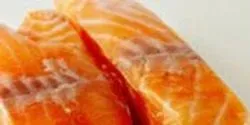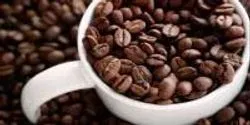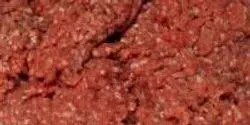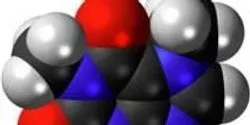Food & Beverage

The Global Food Traceability Center (GFTC) just released a new report in the peer-reviewed journal, Comprehensive Reviews in Food Science and Food Safety, that evaluates and compares the traceability regulations of 21 Organization for Economic Co-Operation and Development (OECD) countries. One of its main findings is that European Union countries ranked highest when it comes to global food traceability regulations and requirements.

The University of Cambridge recently announced the 3.5 year PhD studentship to study the fundamentals of heat-stable chocolate.

There is something fishy going on in a vacant house in Detroit's North End, and University of Michigan graduate student Elizabeth "Lizzie" Grobbel takes full responsibility.

Coffee drinkers beware: Surprise ingredients that are neither sweet nor flavorful may be hiding in your coffee, and growing coffee shortages may increase the chance of having these fillers in your cup of joe in the future. The good news is that a highly accurate test is in the works to quickly find coffee containing unwanted fillers before the beverage reaches stores and restaurants.

Eating about one serving a day of beans, peas, chickpeas or lentils can increase fullness, which may lead to better weight management and weight loss, a new study from a University of Toronto expert has found.

Research by the University of Manchester into food fraud is one of five successful projects to be awarded grants by the Economic and Social Research Council (ESRC) and the Food Standards Agency (FSA).

While necessary for some, many people eat gluten-free diets because they believe they’ll gain certain health benefits, but these beliefs are not all supported by research, a University of Florida nutrition expert says.













